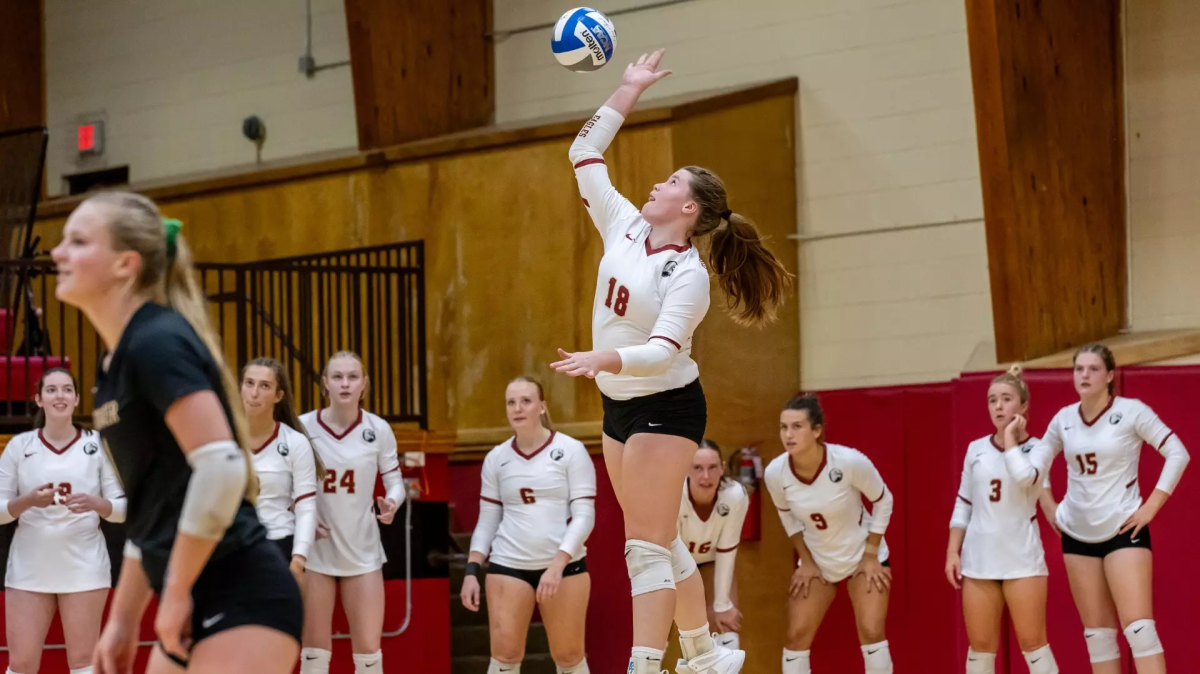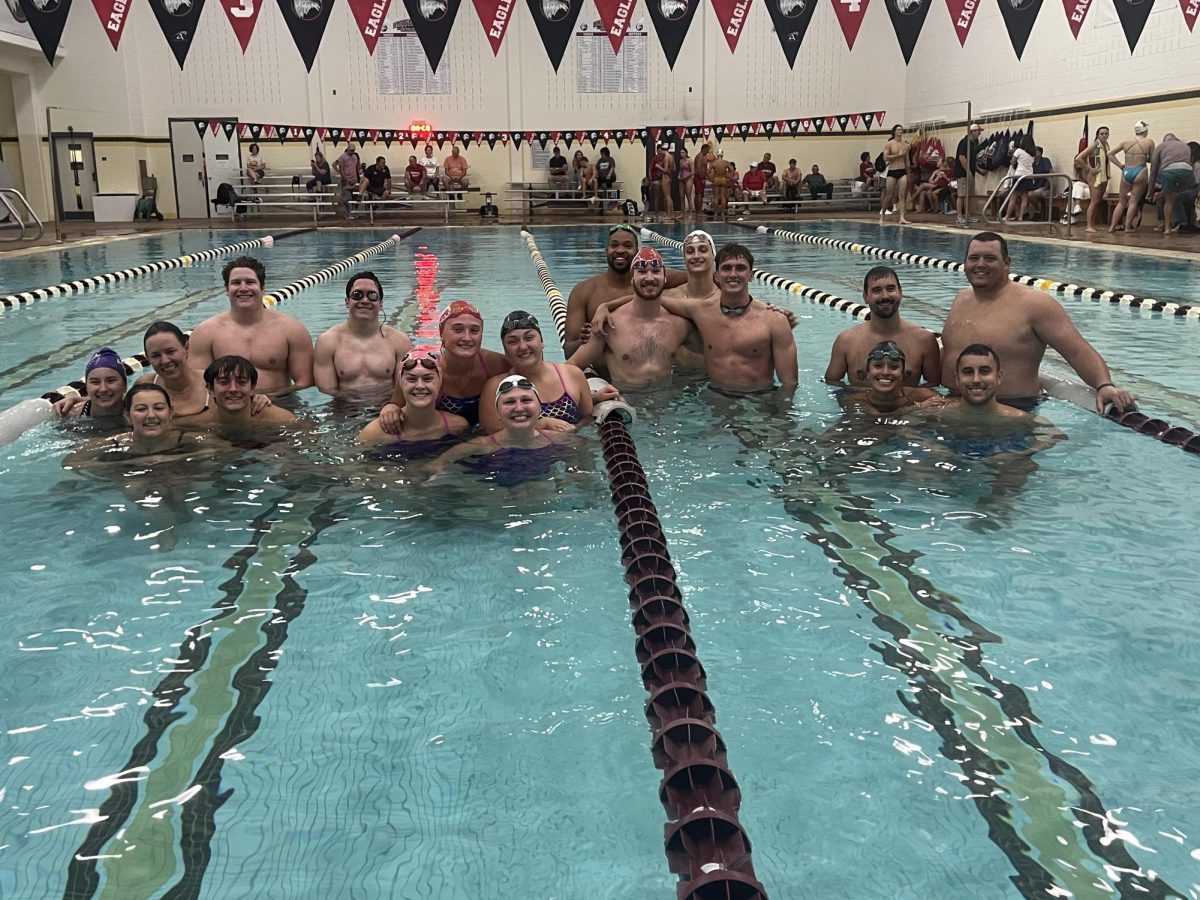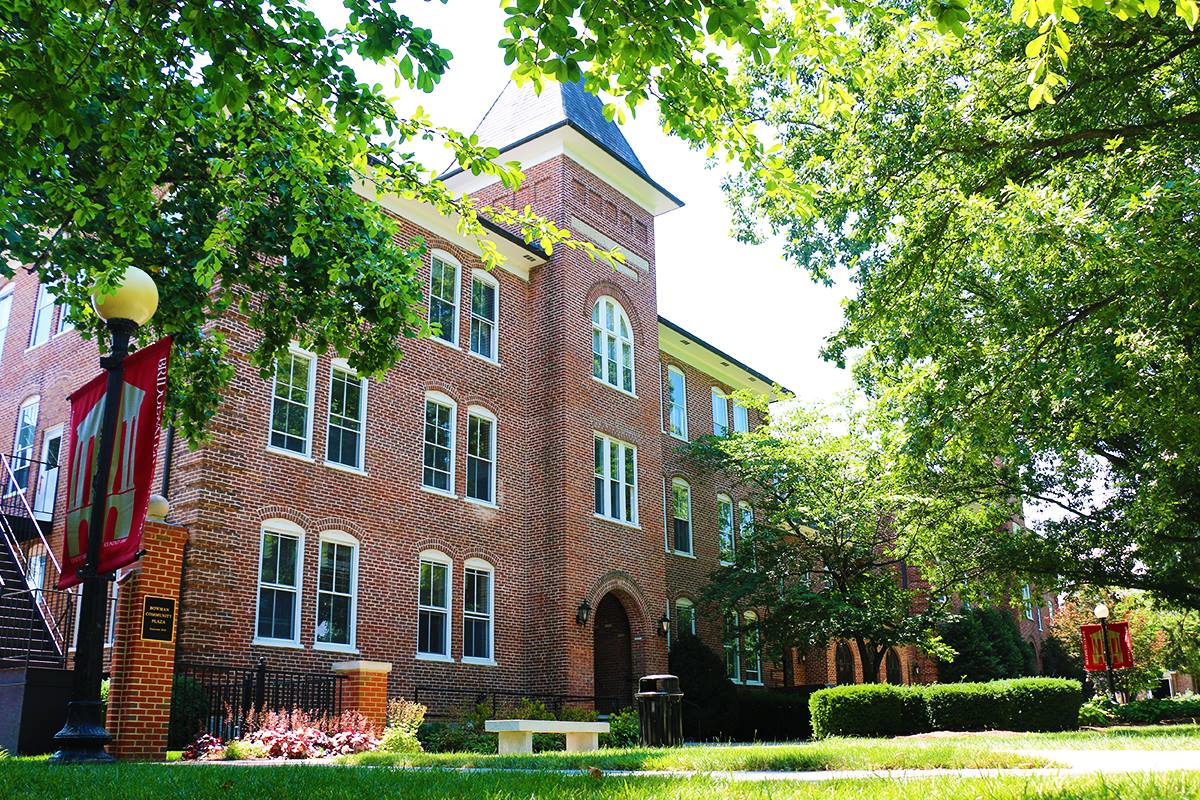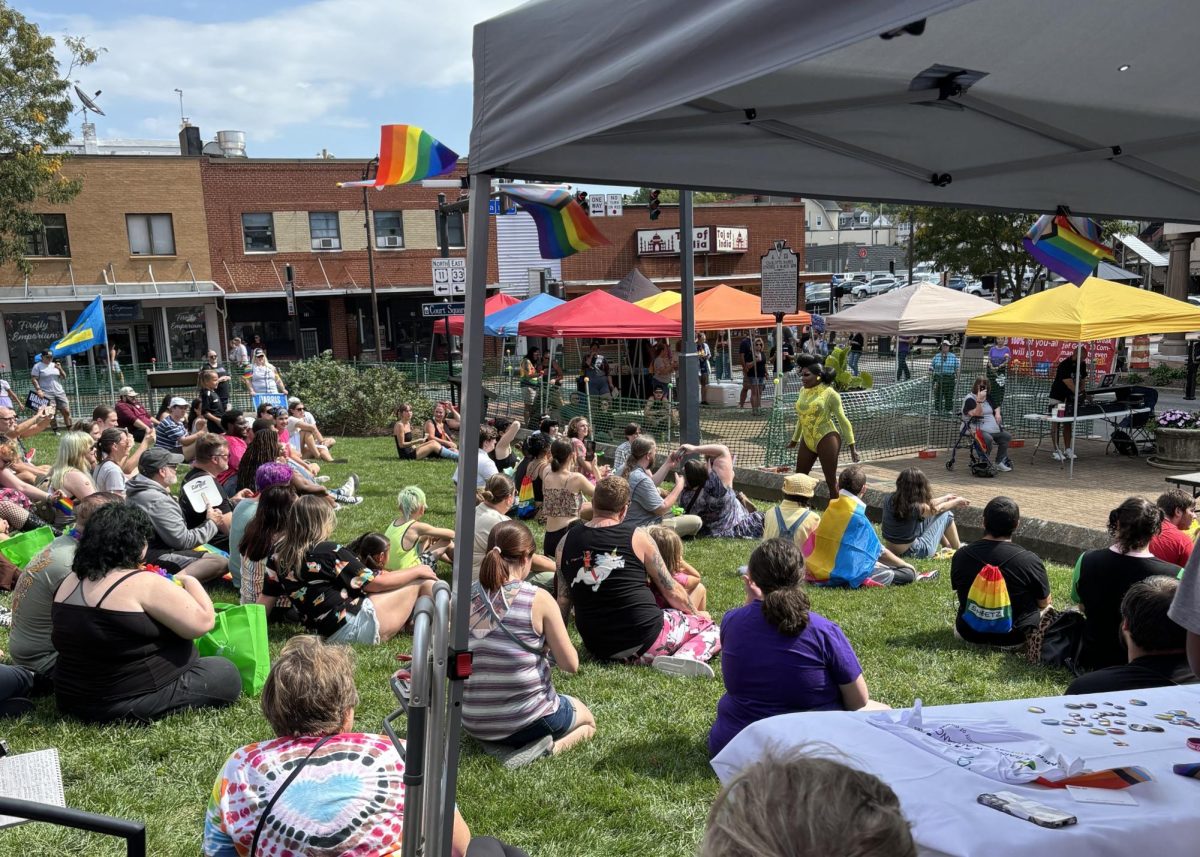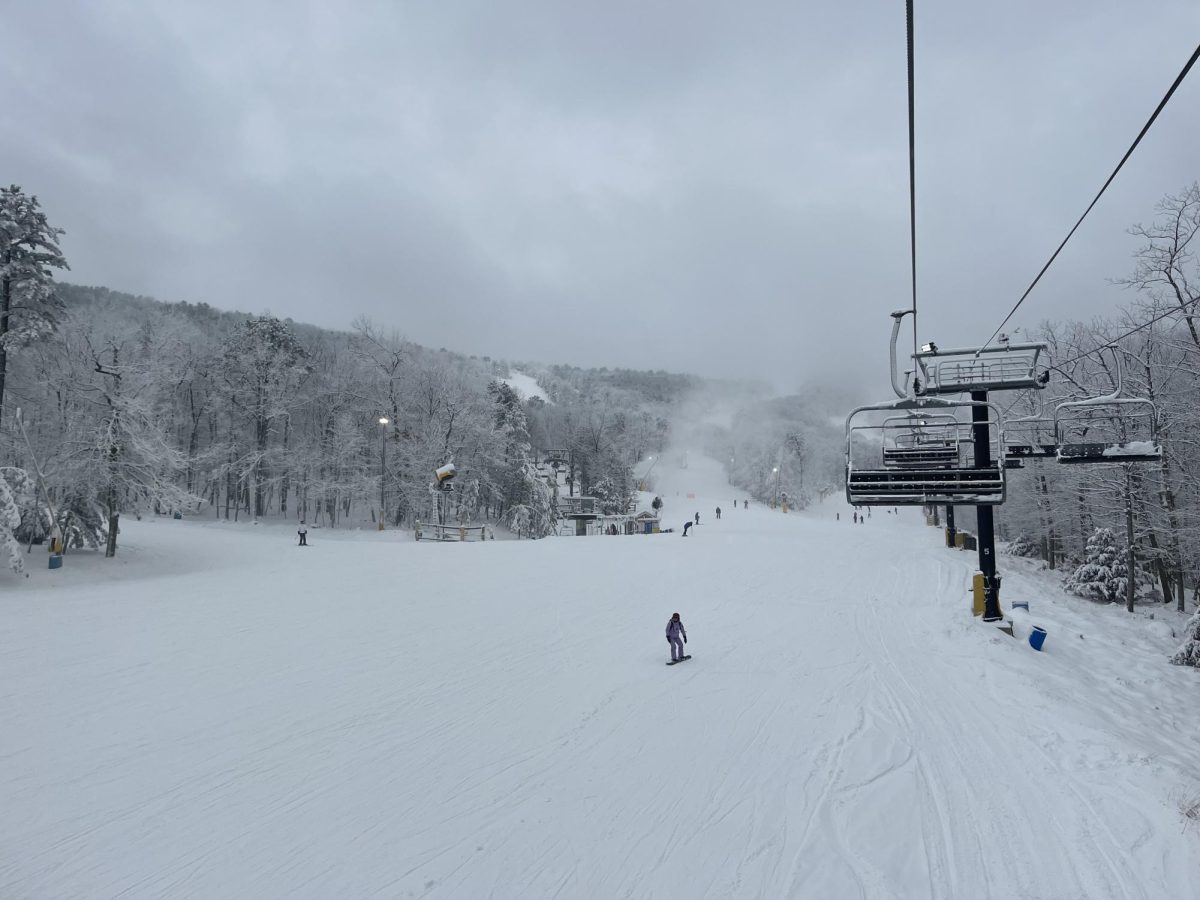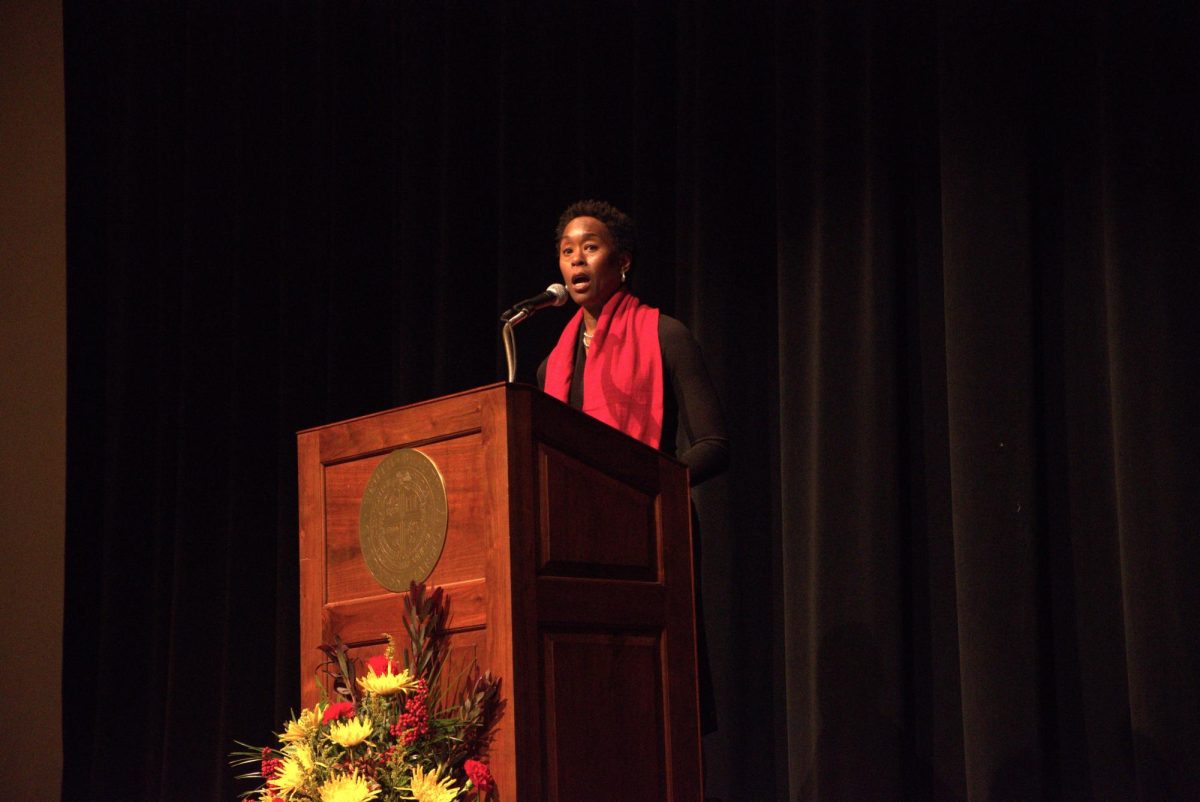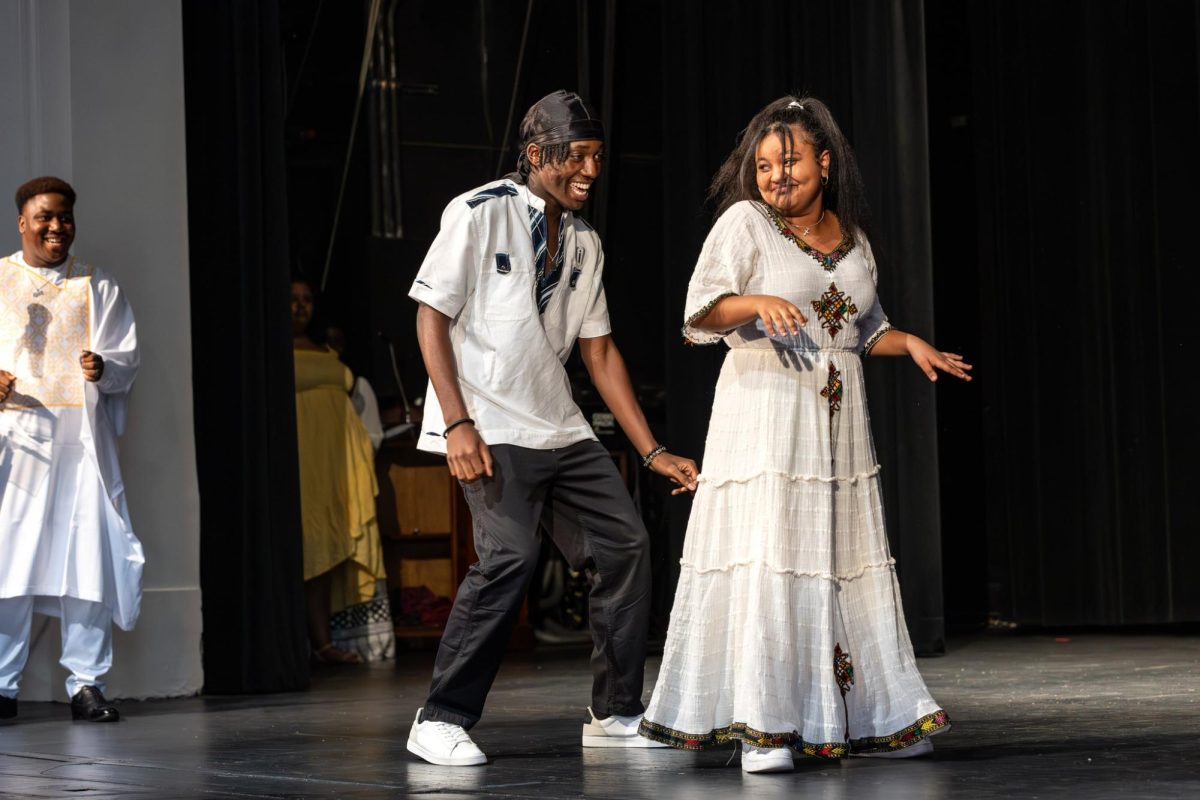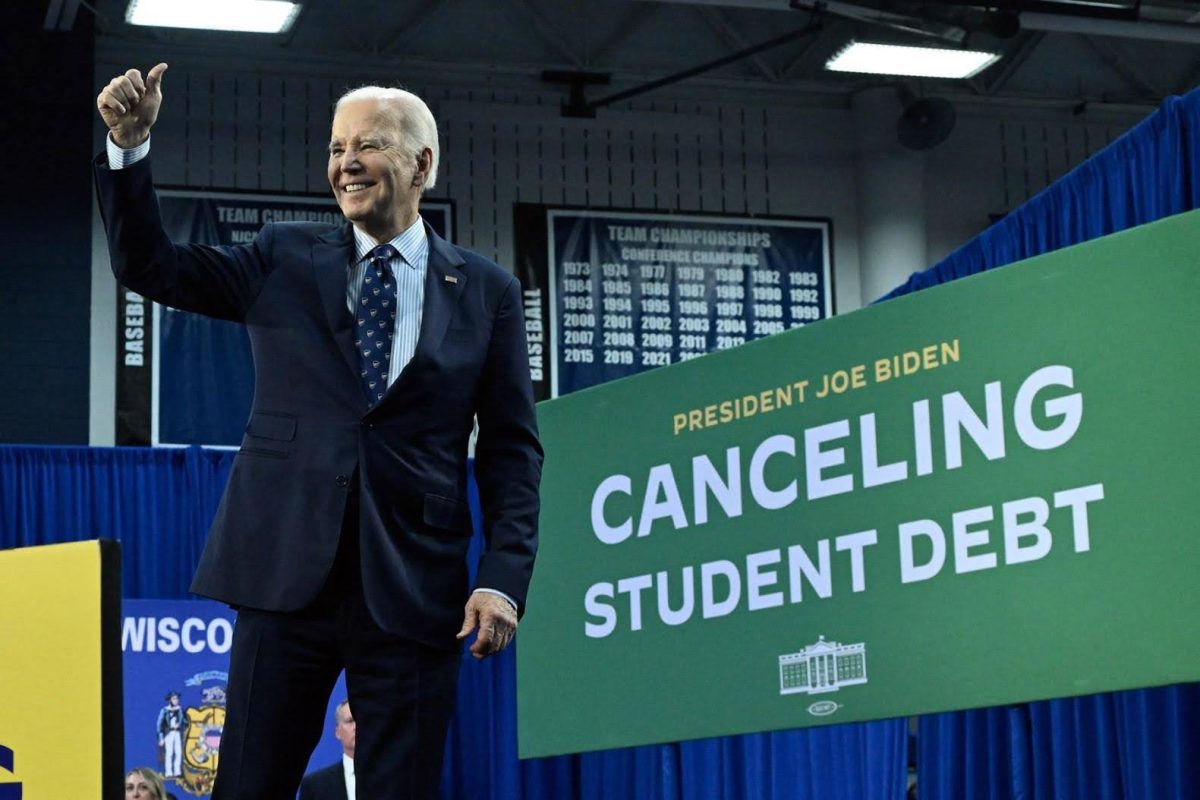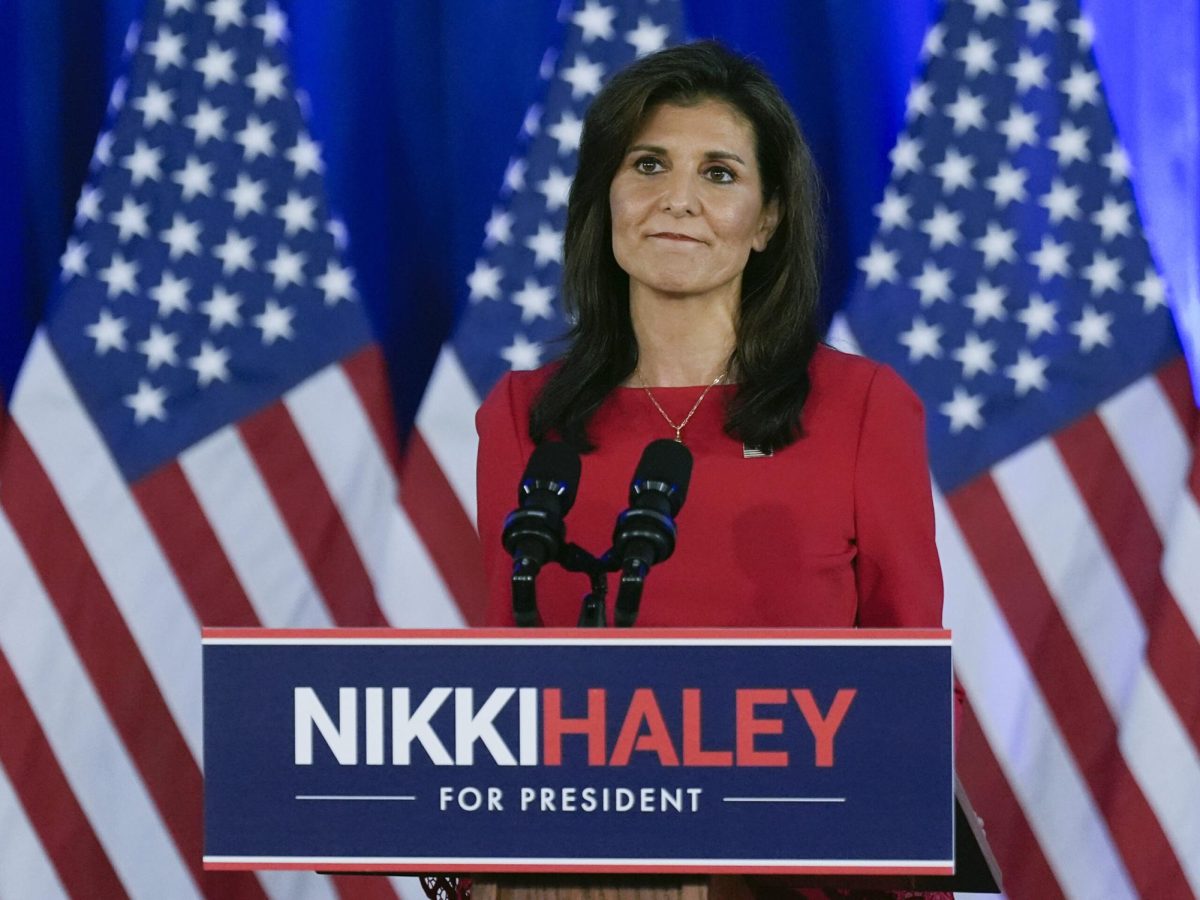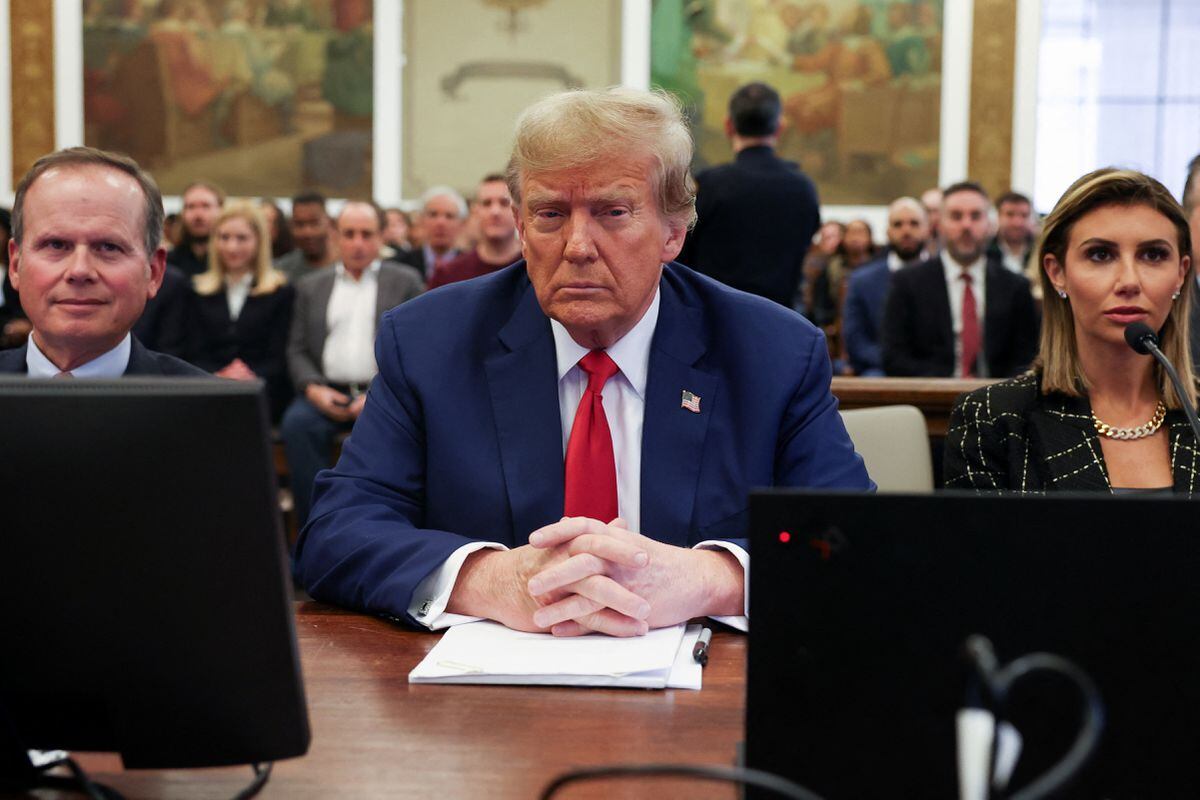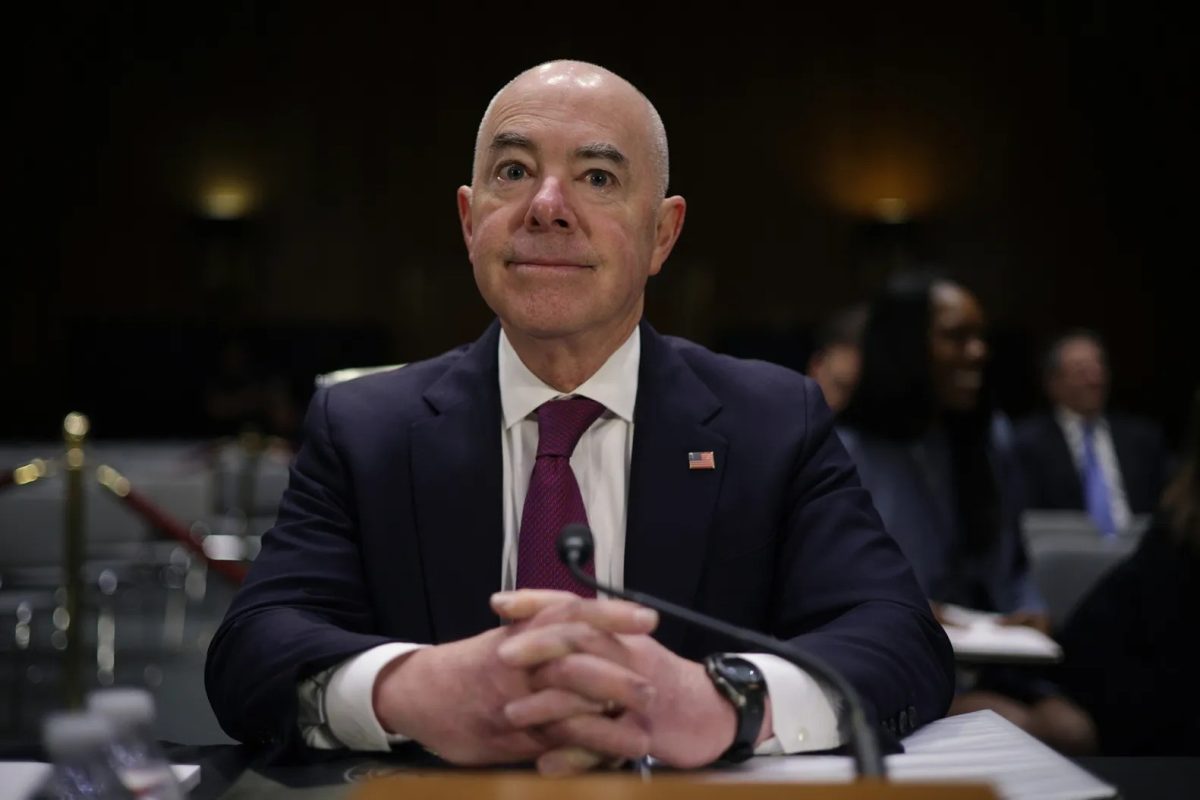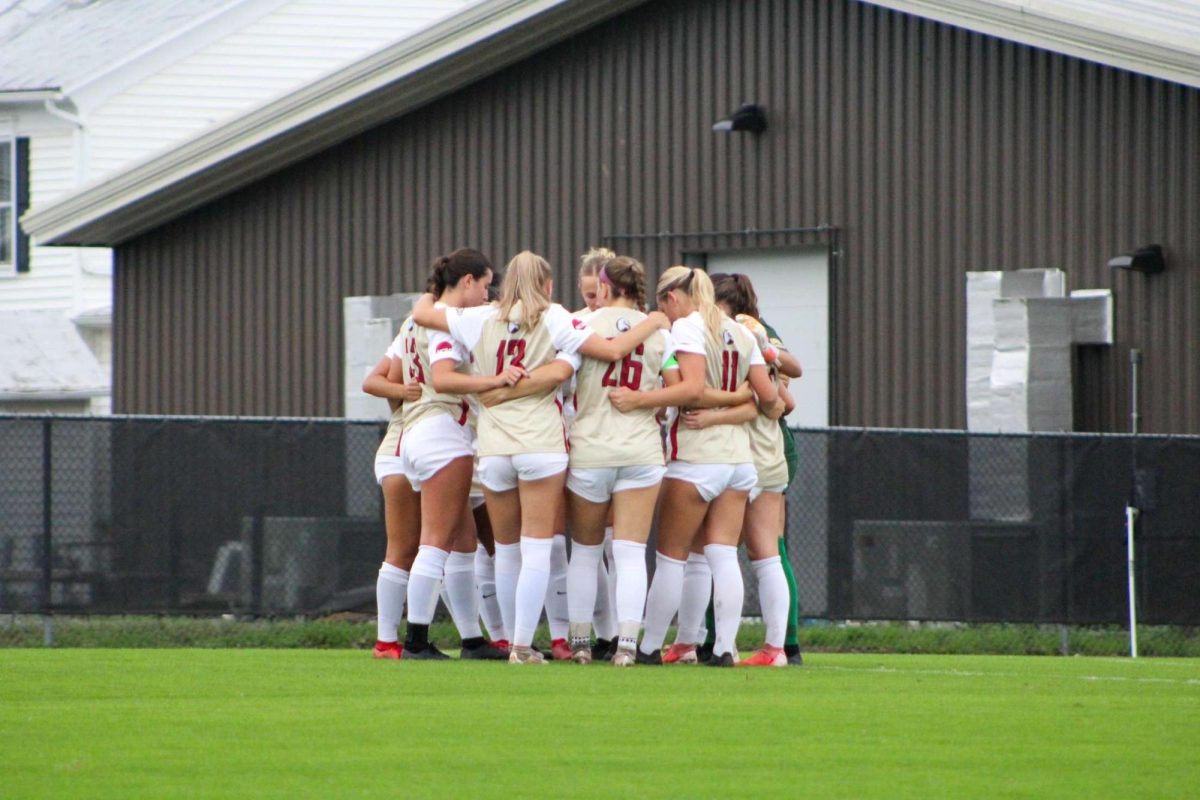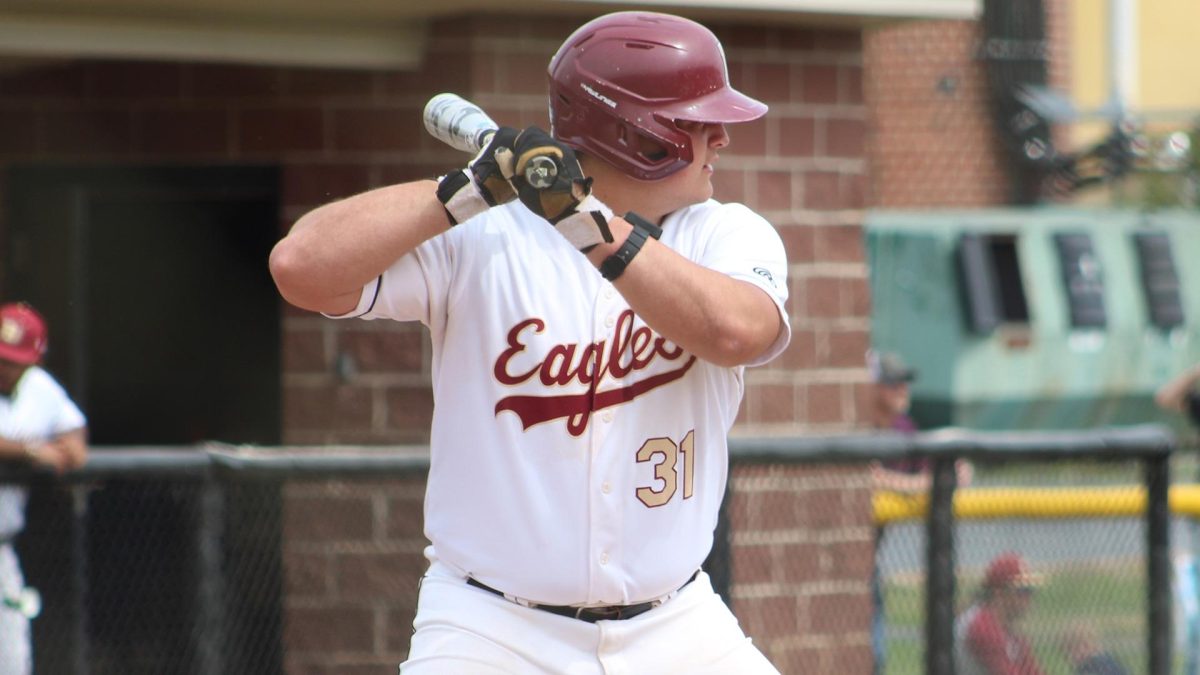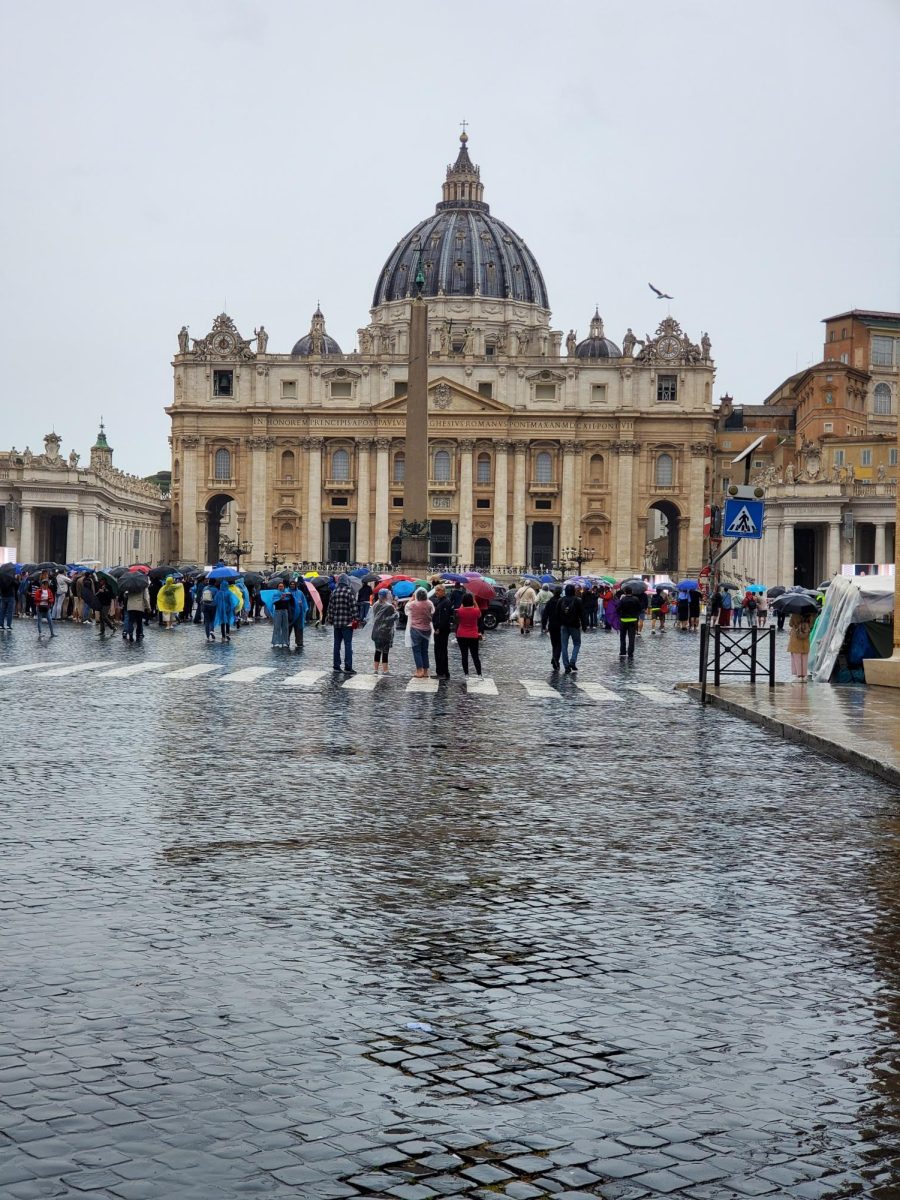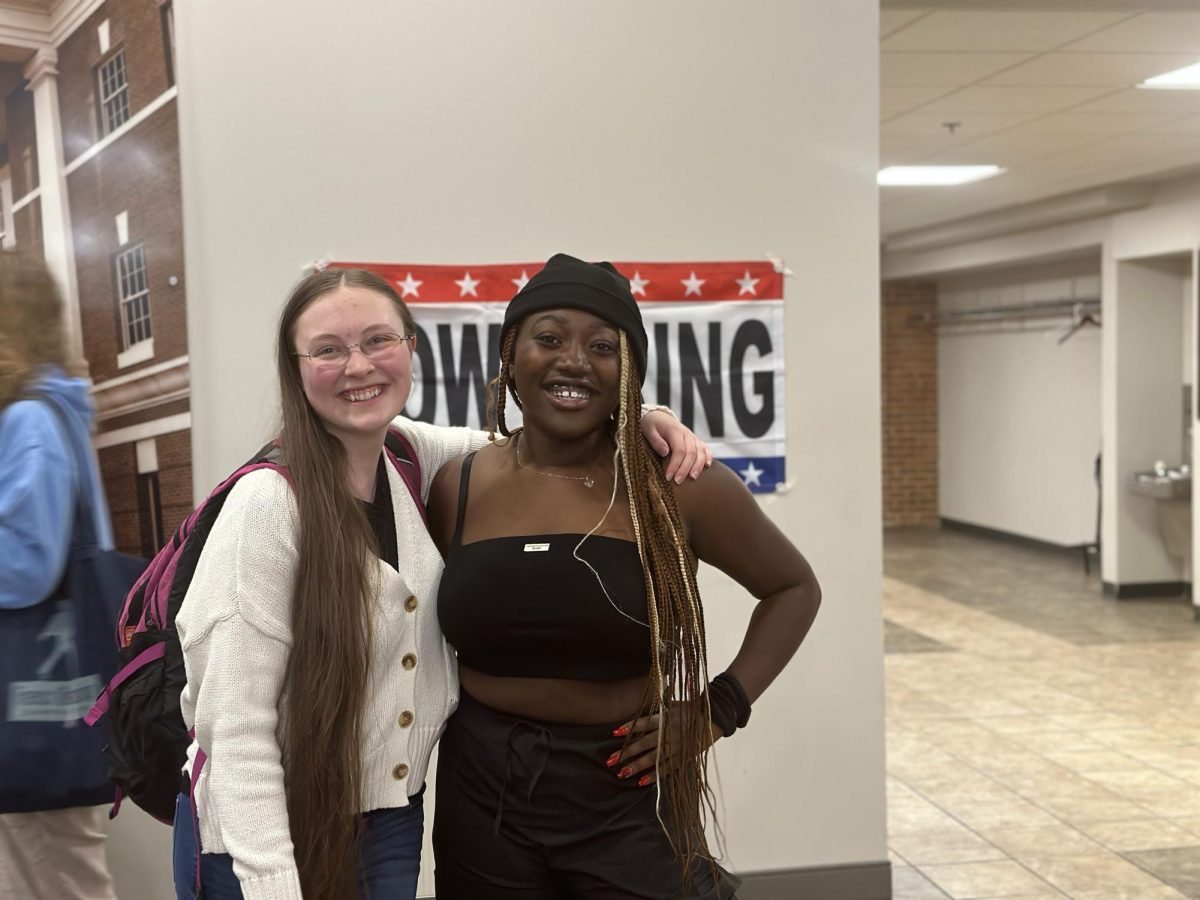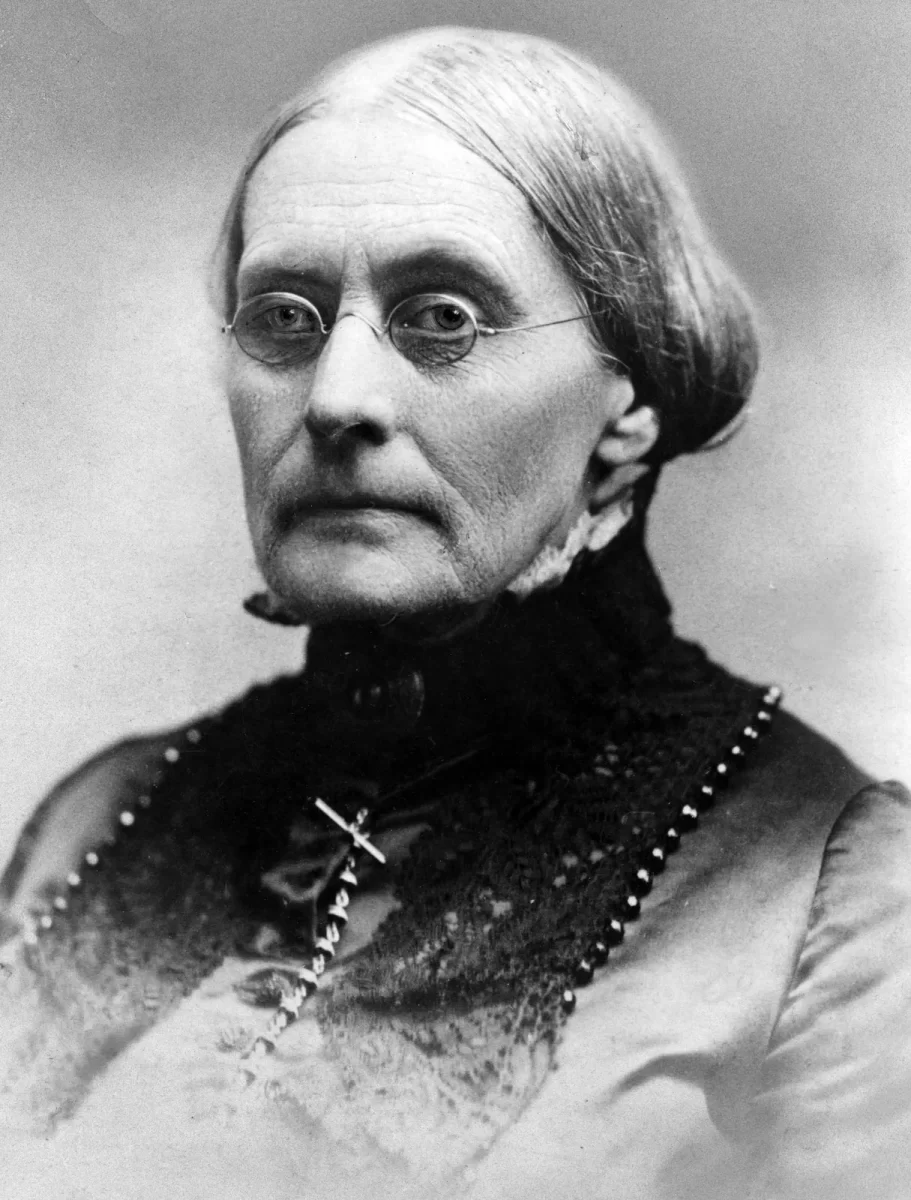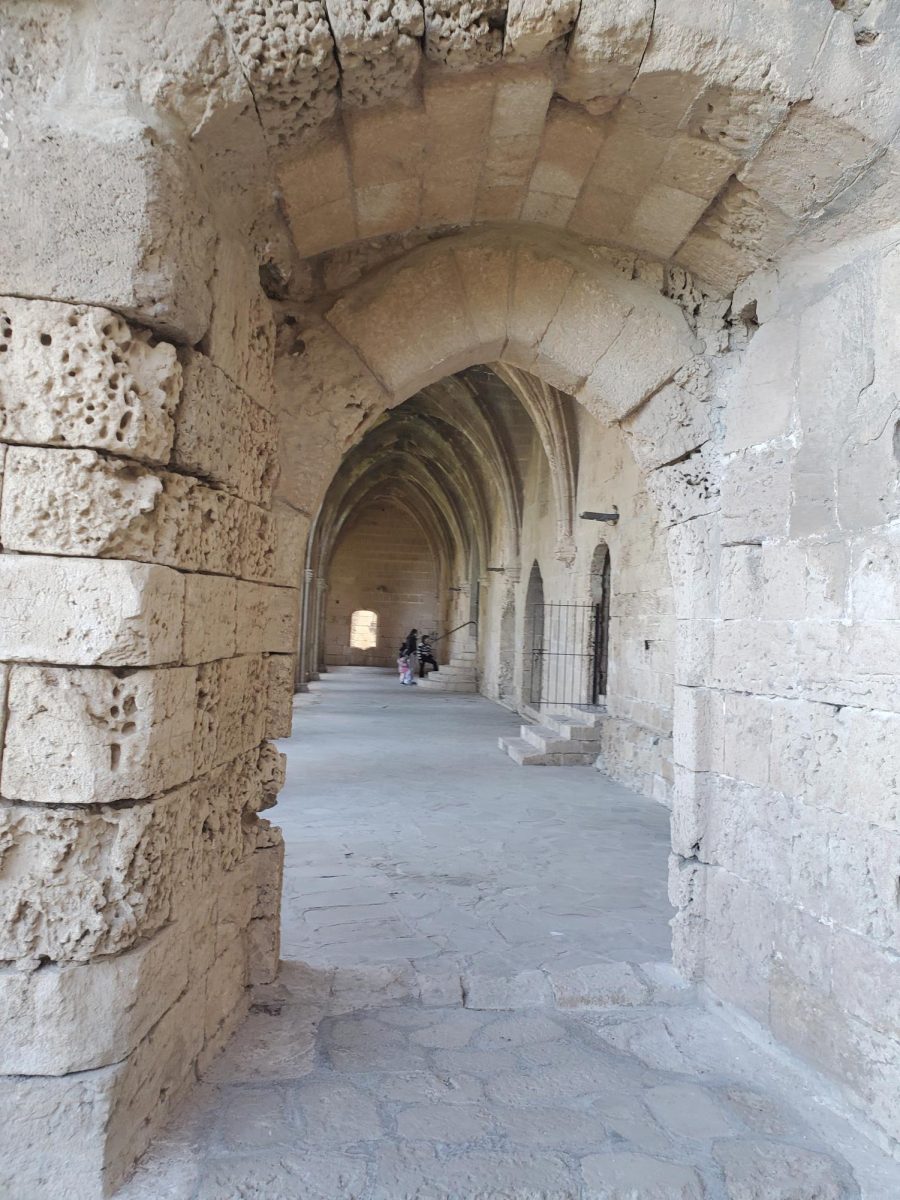‘A Consequence of Russian Aggression’
What to Know about War in Ukraine
Professor of Global Studies, Robert Andersen, in his Flory office. Andersen has a research specialization in the democratization and demilitarization of Latin America. “I support nonviolent efforts wherever I can, and I certainly lead towards a peaceful solution to end conflicts in world affairs,” said Andersen.
April 26, 2022
Bridgewater, Va. – Professor of Global Studies and Director of the Kline Bowman Institute of Creative Peacebuilding, Robert Andersen, shares insight and explains what all college students should understand about the war in Ukraine.
What’s Important:
Since Russia’s invasion of Ukraine in late February, there have been roughly 3,000 civilian casualties and over 4.1 million refugees leaving Ukraine.
“It is devastating for Ukrainians,” said Andersen. “It’s having a substantial impact on the rest of the world, from the food crisis to the petroleum costs.”
What to Know:
Roughly 13 million people have been trapped and stranded in attacked areas of Ukraine since the middle of March.
“It is important to know about the refugees and the horror that is happening in the war itself,” said Andersen. “In addition and more broadly, we are talking about all sorts of significant organizations and countries being involved and affected by it. What happens in one part of the world can affect what happens to us as individuals in another part of the world.”
The war in Ukraine may not end anytime soon and is plausible to last until the end of 2022.
“The tragedy in Ukraine is and should be an awakening for students anywhere from sixth grade to college level because of the damage that it’s doing to innocent people and families,” said junior Kayla Scott.
What to Watch:
Andersen probes with the “consequence of Russian aggression” and its potential implications.
“We all certainly need to be paying attention and think critically about why this happened,” said Andersen. “What are the consequences of what is going on in the near future, what can and should the world, the United States, Nato, the United Nations and the International Criminal Court do? This is what we need to watch.”
How to Help:
Donations are one of the multiple ways to help citizens during the war in Ukraine.
“Money can be very helpful if properly funded,” said Andersen. “There are governmental organizations, but also nongovernmental organizations that do good work with helping people on the ground.”
Potential nongovernmental organizations accepting donations include Save the Children and Doctors Without Borders.
“It is hard not to be appalled by the unprovoked aggression. It is important to do everything possible to create a negotiated solution to this problem,” said Andersen.

